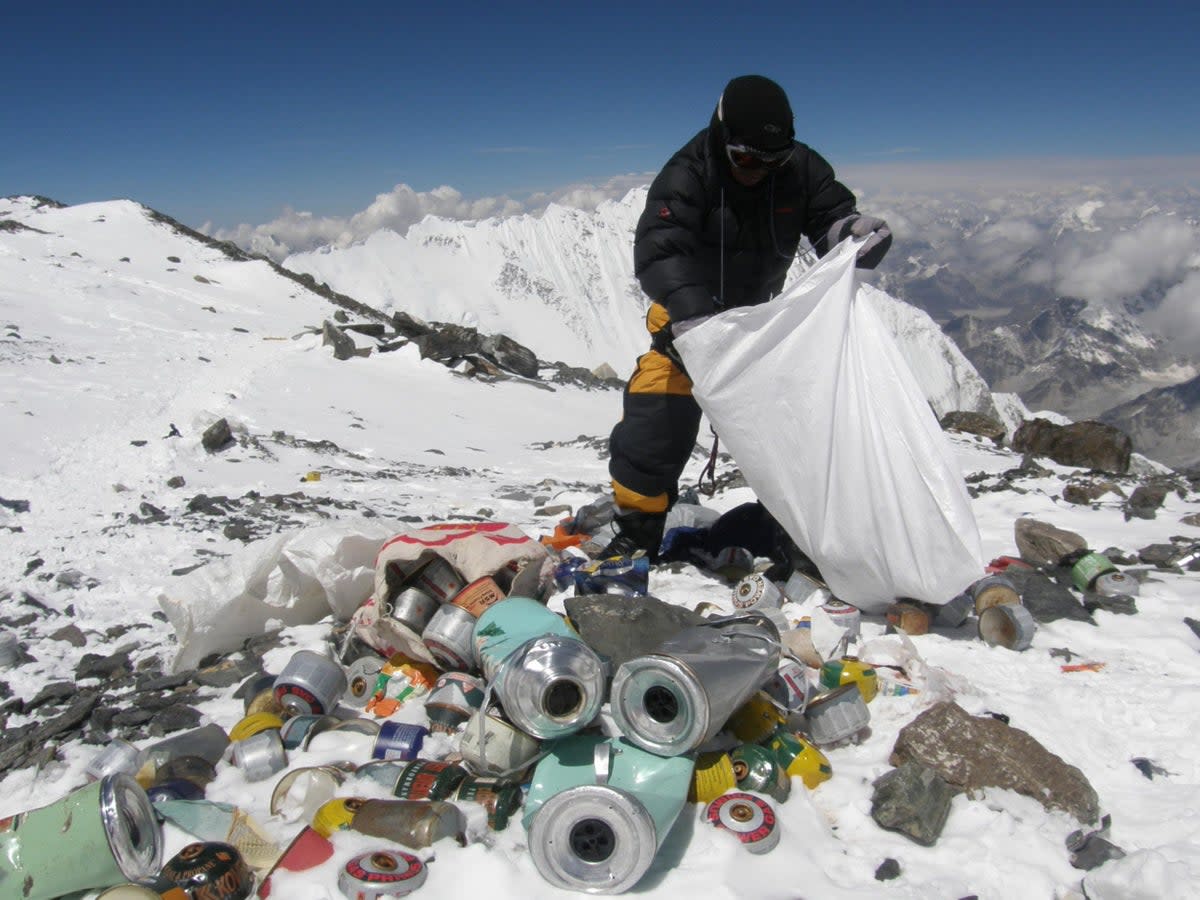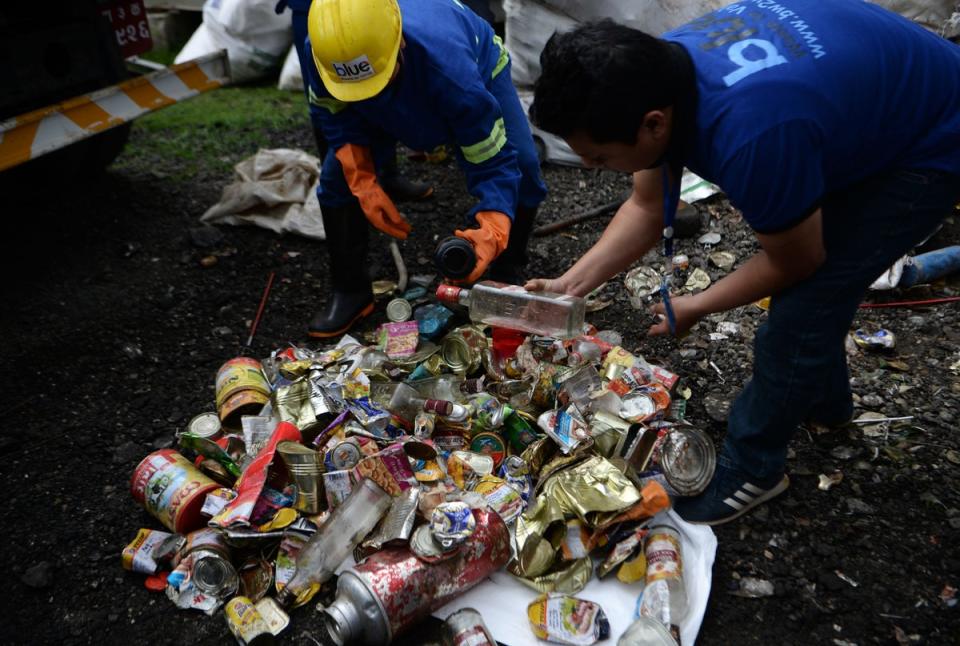Nepal removes tonnes of rubbish, corpses and a skeleton from Mount Everest

Nepal army has removed tonnes of rubbish, four dead bodies, and skeletal remains from Mount Everest and two other peaks in the country.
A series of clean-up drives spanning 55 days were held to clean up Everest, Nuptse, and Lhotse mountains under the campaign “An endeavour to save the Himalayas”.
Prabhu Ram Sharma, Nepal’s Chief of the Army Staff, said tonnes of garbage, four human corpses and one skeleton were recovered from the Himalayan peaks “under the adverse weather conditions”.
“This is an achievement mission as well as a readiness mission in which we have demonstrated our ability to complete our work in accordance with the goals and objectives we have established and accepted," he stated.
Mount Everest has long struggled with its status as the “world’s highest garbage dump” with hundreds of mountaineers arriving at the peak each year. Environmentalists have estimated that more than 50 tonnes of garbage and more than 200 dead bodies are buried in Everest.
The country’s military began the annual clean-up drives in 2019 amid concerns over the climate crisis threatening the existence of the world’s highest mountain.
So far, five annual clean-up drives have collected 119 tonnes of waste, 14 human corpses and some skeleton remains, the army said, according to BBC.

More than 600 people attempt to reach the summit of Mount Everest each year, and each climber discards, on an average, 8kg (18lbs) of rubbish consisting of oxygen canisters, tents, food containers and even human waste. That adds up to nearly five tonnes each climbing season (March-May).

In efforts to reduce waste, Nepal’s government asked the Everest climbers to bring their excreta back to base camp in poo bags after summiting the world’s tallest mountain,
The local municipality of Pasang Lhamu announced that climbers will be required to purchase poo bags at base camp which will be “checked upon their return”.
Amid concerns over overcrowding, the government issued 421 climber permits, down from a record-breaking 478 last year. The number excludes the Nepalese guides.
Around eight climbers have died or went missing this year. It was one less compared to the 19 last year.

 Yahoo News
Yahoo News 
